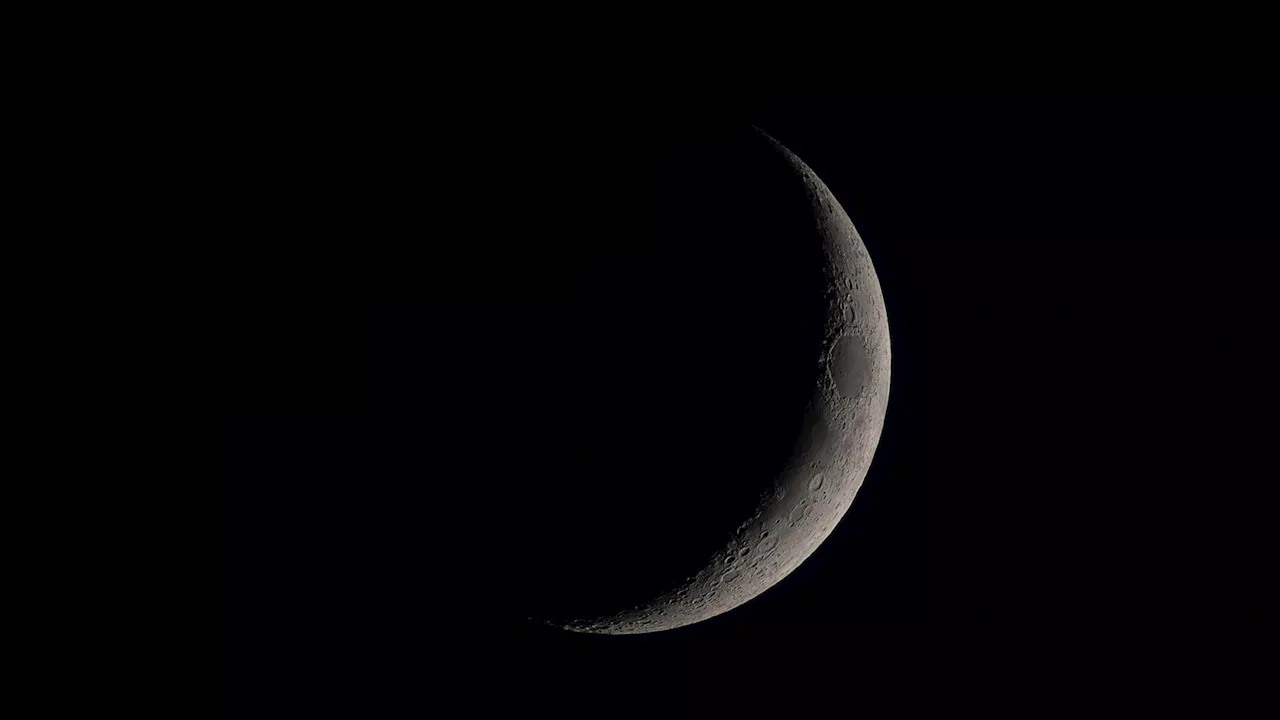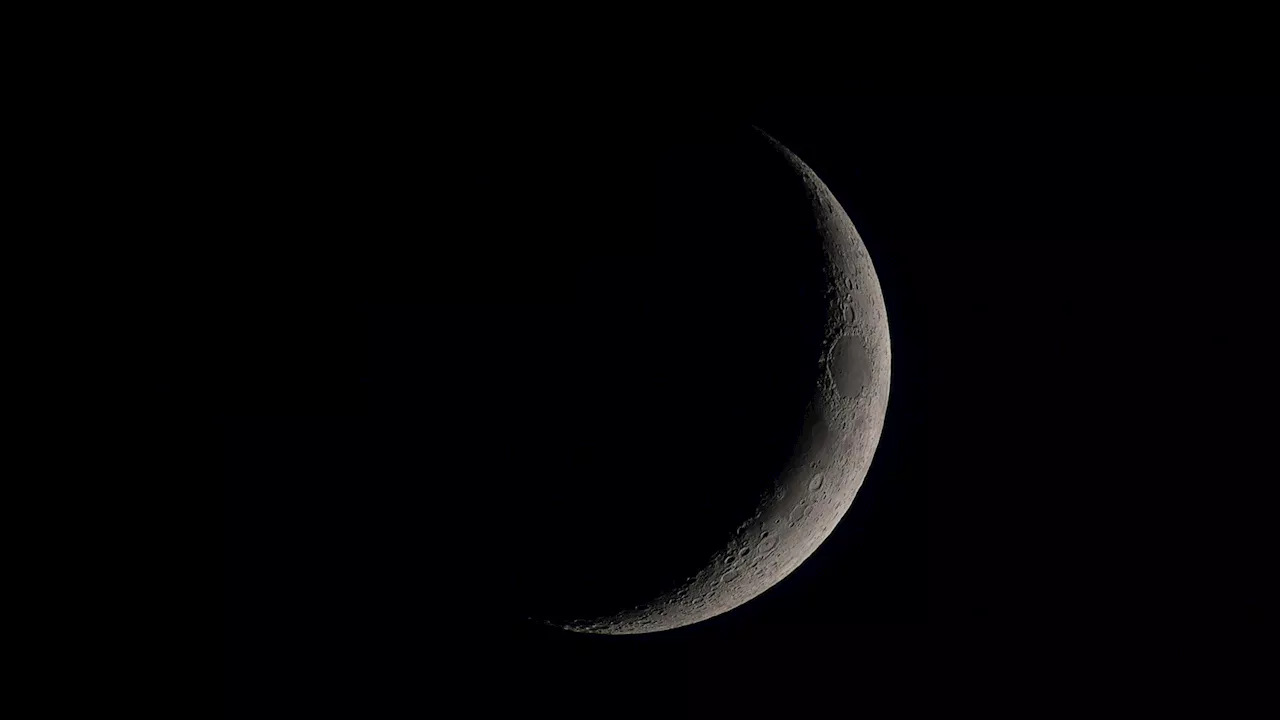This article explores the impact of fresh starts on our behavior, citing research that reveals our increased motivation to change during periods like the beginning of a week or year.
When the psychologist John Norcross researched New Year’s resolutions in the 1980s, he found that more than fifty percent of Americans made some sort of resolution. After six months, only forty percent had stuck with it. When Norcross followed up two years later, the number had dropped to nineteen percent. Even among the successes, more than half had experienced lapses—fourteen, on average. Still, we keep telling ourselves that we can lose weight, save money, and go to the gym.
It turns out that timing is important in determining whether or not we succeed. In May 2012, Katherine Milkman, a behavioral economist at the University of Pennsylvania, was invited to the PiLab Summit, an annual gathering of social-science researchers convened by Google to discuss ways of making the company more productive. Milkman found herself in a discussion about “nudges”—small environmental interventions that could shift people’s behavior. “In the course of the conversation, someone posed a question,” Milkman recalled. “When would nudges be the most effective?” Milkman’s research hadn’t focused on that particular aspect of nudges, but, she said, “I had a strong instinct that they’d be more effective at turning points—moments that feel like a new beginning.” When Milkman returned to Philadelphia, she teamed up with two colleagues, Jason Riis and Hengchen Dai, to see if the idea of temporal turning points held any merit. In a series of studies, forthcoming from the journal Management Science, Milkman, Riis, and Dai found that fresh starts do push us to change our behavior. The beginning of a week, a month, or a year forms what the psychologist Richard Thaler calls a “notational boundary.” With that, researchers suspect, comes a sense of optimism, the promise of “a new me,” as Milkman put it. To test that theory, her team looked at daily Google searches for the term “diet” over a period of nine years
NEW BEGINNINGS BEHAVIOR CHANGE MOTIVATION TIMING PSYCHOLOGY
United States Latest News, United States Headlines
Similar News:You can also read news stories similar to this one that we have collected from other news sources.
 Embrace New Beginnings: Capricorn New Moon EnergyThis new moon urges Capricorns to seize opportunities, break free from self-imposed limitations, and embrace new experiences. It's a time to challenge comfort zones, connect with diverse perspectives, and trust your inner wisdom.
Embrace New Beginnings: Capricorn New Moon EnergyThis new moon urges Capricorns to seize opportunities, break free from self-imposed limitations, and embrace new experiences. It's a time to challenge comfort zones, connect with diverse perspectives, and trust your inner wisdom.
Read more »
 Layer-2 Network Fuel to Airdrop 10% of New FUEL Token Supply to 200K WalletsFuel claims to be the fastest and cheapest Ethereum rollup.
Layer-2 Network Fuel to Airdrop 10% of New FUEL Token Supply to 200K WalletsFuel claims to be the fastest and cheapest Ethereum rollup.
Read more »
 Black Moon Ushers in Fresh Opportunities and New BeginningsThe black moon, a rare new moon phase, signifies a time for fresh starts and setting intentions. Learn about the different types of black moons and how to harness their energy for success in the coming year.
Black Moon Ushers in Fresh Opportunities and New BeginningsThe black moon, a rare new moon phase, signifies a time for fresh starts and setting intentions. Learn about the different types of black moons and how to harness their energy for success in the coming year.
Read more »
 Black Moon Brings Fresh Opportunities and New BeginningsThe black moon, a rare lunar event, signifies a time of fresh starts and opportunities. This article explores the meaning of the black moon, its significance in Capricorn, and how to harness its energy for personal and professional growth.
Black Moon Brings Fresh Opportunities and New BeginningsThe black moon, a rare lunar event, signifies a time of fresh starts and opportunities. This article explores the meaning of the black moon, its significance in Capricorn, and how to harness its energy for personal and professional growth.
Read more »
 New Beginnings: A Conversation with Mira MuratiThe former CTO of OpenAI made waves when she announced her departure from one of the tech industry’s most pivotal roles this summer. The technologist sits down with WIRED’s Steven Levy to share her perspective on the future of AI and her place in it.
New Beginnings: A Conversation with Mira MuratiThe former CTO of OpenAI made waves when she announced her departure from one of the tech industry’s most pivotal roles this summer. The technologist sits down with WIRED’s Steven Levy to share her perspective on the future of AI and her place in it.
Read more »
 Call the Midwife Season 13: Challenges, Triumphs, and New BeginningsCall the Midwife Season 13 returns to Poplar in 1969, where the midwives and nurses of Nonnatus House face a range of medical and personal challenges. From the rise in home births to the 'Raise the Roof Campaign' for better working conditions, the season explores the complexities of life in a changing world.
Call the Midwife Season 13: Challenges, Triumphs, and New BeginningsCall the Midwife Season 13 returns to Poplar in 1969, where the midwives and nurses of Nonnatus House face a range of medical and personal challenges. From the rise in home births to the 'Raise the Roof Campaign' for better working conditions, the season explores the complexities of life in a changing world.
Read more »
